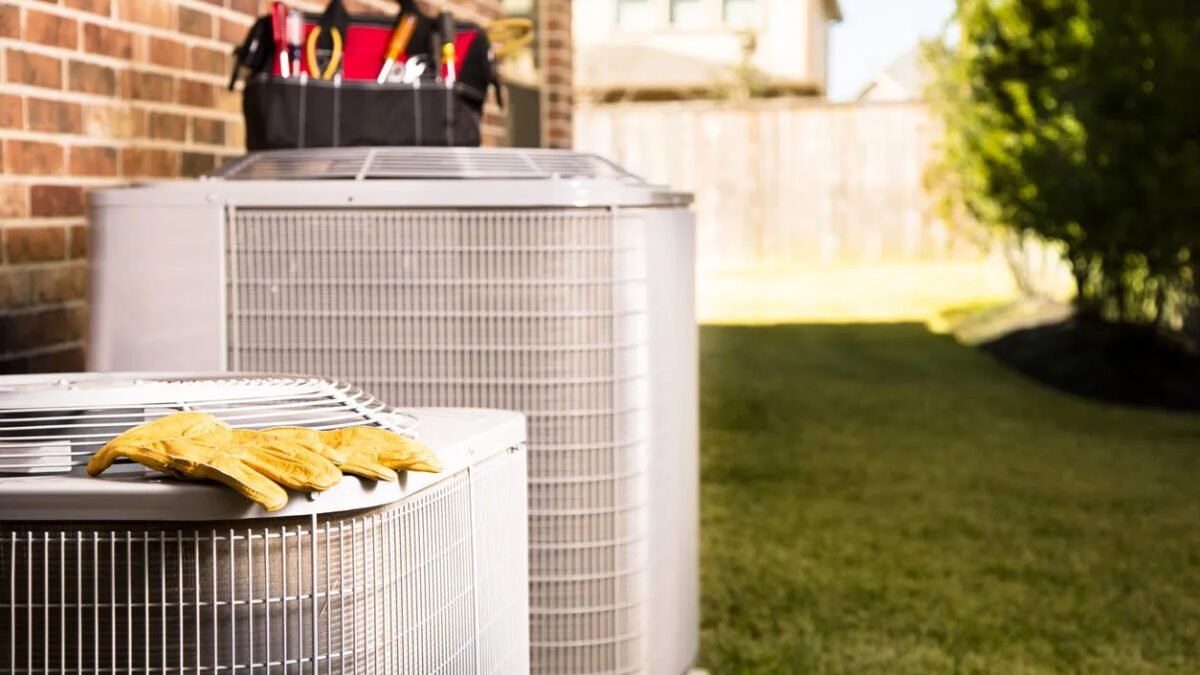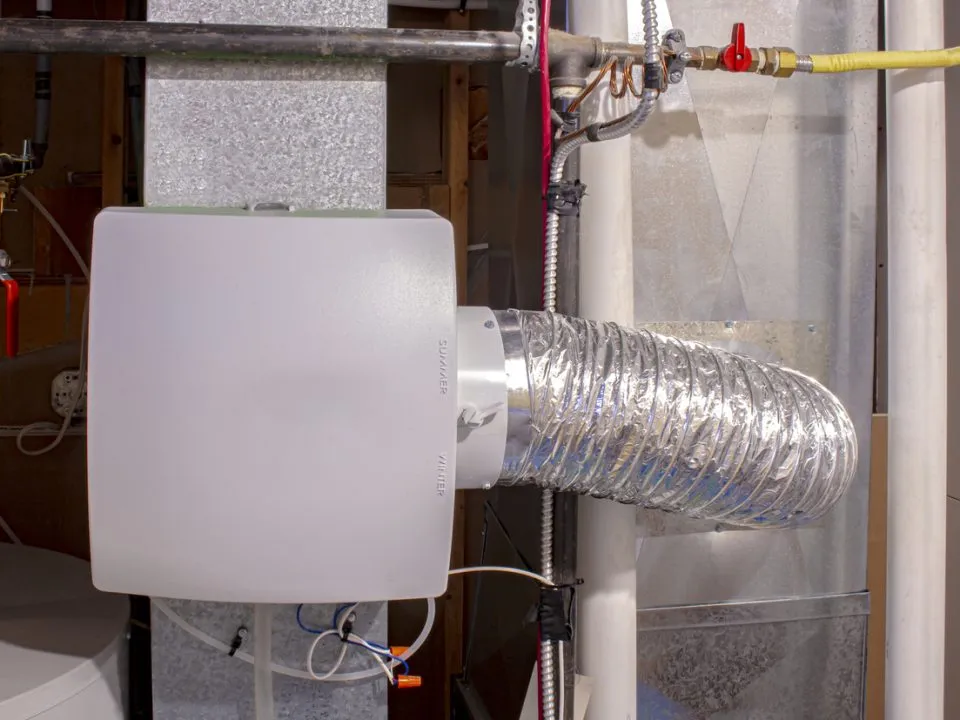
How will the changes affect you, your HVAC system, and your wallet?
Heating and cooling systems play a role in overall energy use, affecting our environment. And for this reason, most air conditioning and heating units must follow government regulations. In 2023, these regulations, specifically the minimum SEER, are changing.
To learn what a SEER rating is, how the federal regulations are changing, and the impact these changes will have on your energy bills, keep reading.
What Is a SEER Rating?
To understand the 2023 SEER rating changes, we must start with the basics.
SEER stands for seasonal energy efficiency ratio, and it’s a rating that shows an air conditioner’s efficiency. The higher the SEER, the more efficient a unit is. The air conditioners in most Texas homes have a SEER rating between 10 and 20, depending on the age of the system.
It’s important to note that each state has its own SEER rating standards since the temperature and climate vary from region to region.
What Are the 2023 State and Federal Regulation Changes to SEER Ratings?
In 1987, the U.S. Environmental Protection Agency (EPA) set the first standards for how low an air conditioner’s SEER rating can be. Most recently in 2015, the federal requirement for AC systems in Texas was set to a SEER rating of at least 14.
Now, just eight years later, the EPA is raising the SEER requirement again to a rating of at least 15. The change to the SEER rating will be enforced in 2023, but it won’t require you to act immediately.
What Is the Advantage of a Higher SEER Rating?
- Energy Efficiency & Cost Effectiveness: An air conditioner with a higher SEER rating is more energy efficient, leading to more money in your pocket in the long run. The amount of money you spend on your monthly energy bills will be reduced because you’re not using as much energy to cool your home.
- Increased Indoor Comfort: Heating and cooling systems with a higher SEER work more efficiently to keep your home at the optimal temperature year-round. HVAC units with higher SEER ratings usually have two components that allow them to provide great indoor comfort – a variable-speed blower and a 2-stage or variable-speed compressor.
Should I Replace a Unit with a Lower SEER Rating?
With the changes to the minimum SEER rating changing in 2023, those who will be most affected are HVAC installation companies and people considering an AC unit replacement.
If you have a system with a 14 SEER rating, you won’t be required to get a new system immediately, as the new federal regulation is only for newly installed home air conditioners. While replacing your current unit may not be mandatory, if you don’t replace the unit, you won’t be able to experience the advantages an air conditioner with a higher SEER can bring, such as lower energy costs and better indoor comfort for you and your family.
It’s best to speak with your local professional heating and cooling company to determine if your current HVAC system should be replaced with a new unit in line with federal standards.
What Impact Does a Unit with a Higher SEER Rating Have on My Energy Bill?
While some homeowners balk at the price of a new HVAC system, installing a system with a higher SEER will save you more money than you realize, especially as time goes on. Old, outdated HVAC systems use a lot of energy to cool or heat a home. But a new air conditioner with a high SEER rating uses less energy and less time, thus lowering your energy bill.
We Offer AC Unit Replacement for Austin, Cedar Park, Georgetown, Hutto, Leander, Pflugerville, & Round Rock, TX.
Honest Air Conditioning And Plumbing LLC. has been a trusted name for all things HVAC and plumbing since 2013. We’re dedicated to providing the Greater North Austin communities, like Austin, Cedar Park, Georgetown, Hutto, Leander, Pflugerville, and Round Rock, TX, with quality air conditioner installation, air conditioning repair, emergency services, and much more.
If you’re searching for professional contractors to install a new HVAC unit that follows the 2023 SEER regulations, we’re the company to call. With the changes to the minimum rating coming soon, we’ll make sure we have the equipment and materials needed to install an energy-efficient, dependable unit for every one of our customers.




